Join a powerful, unprecedented alliance for better eye health for all.
Join IAPBDeepen your learning and engagement around key topics for global eye health and the 2030 In Sight Strategy on the IAPB Knowledge Hub.
Empowering schools to implement sustainable and effective eye health programs for children, especially in resource-limited settings.
Diabetic eye disease often begins without symptoms, but because it it often left unmanaged, it has become a leading cause of vision loss and blindness.
Globally, millions of people are blind or have low vision due to lack of access to spectacles, resulting in reduced quality of life.
Cataract remains the leading cause of blindness and a major cause of visual loss across the globe.
The scope, complexity, and scale of the eye health systems we seek to transform requires collective intelligence and coordinated collective action. Learn more about systems change here.
This guide aims to help you better understand and critically analyse eye care technology for use at the community and primary levels of eye care.
Integrated people-centred eye care (IPEC) has the potential to address many challenges to delivering effective eye care services.
A snapshot of key issues, messages, and resources to help you drive awareness in eye health.

16.11.2022
This video summarises the Eye care in health systems: Guide for action and its four accompanying tools, developed to support health planners and Member States in the planning and implementation of integrated people-centred eye care (IPEC).
This video summarises the Eye care in health systems: Guide for action and its four accompanying tools, developed to support health planners and Member States in the planning and implementation of integrated people-centred eye care (IPEC).
16.11.2022
No Related Videos
The IAPB Knowledge Hub offers valuable resources, tools, and insights to support those working in global eye health policy and practice.
It brings together evidence, guides, expert opinions, and member experiences, aligned with key areas in eye health. The Hub also integrates with the Vision Atlas, offering the latest eye health data and presentation tools.
The Knowledge Hub is built around the three pillars of the 2030 In Sight strategy: Elevate, Integrate, and Activate. It provides access to expertise and resources to help:
Explore key topics under each pillar, or view all topics by clicking the button below.
The Elevate pillar of the 2030 In Sight strategy calls us to embed vision as a fundamental, economic, social and development issue. How can we can do this?
To address the growing need for child eye health, particularly in low- and middle-income countries, we need to leverage school and education settings.
The global eye health sector has a unique opportunity to unite and speak with one voice, to strengthen gender equity in our organisations and programmes collectively.
People with vision impairment are less likely to gain employment and more likely to have low paid work.
Contains detailed guidance to eye care sector on ways to reduce environmental impact and support climate resilience.
Eye health makes a key contribution to the Sustainable Development Goals as a highly cost-effective way to unlock human potential.
There remains a significant funding gap to support access to eye health services, but there is also a high return on investment due to lost productivity.
Everyone should have access to good quality eye health services. But this will only happen if there is greater integration of eye health in wider health care systems. How can we can achieve this?
Integrated people-centred eye care (IPEC) has the potential to address many challenges to delivering effective eye care services.
There are not enough people on the ground with a broad enough range of skills and qualifications to match the scale or the range of issues that now face eye health.
Eye care is an integral part of Universal Health Coverage, which is central to delivering SDG3 (Good Health and Wellbeing).
Technological solutions are one of the tools we need to use to ensure that the hardest to reach have access to the eye health services they need.
Eye health is a universal issue and we must activate universal demand by driving patient, consumer and market change. How can we can do this?
Eye health cannot be addressed nor services scaled up without a major contribution from the private sector.
We need individuals and communities around the world to make their vision a priority.
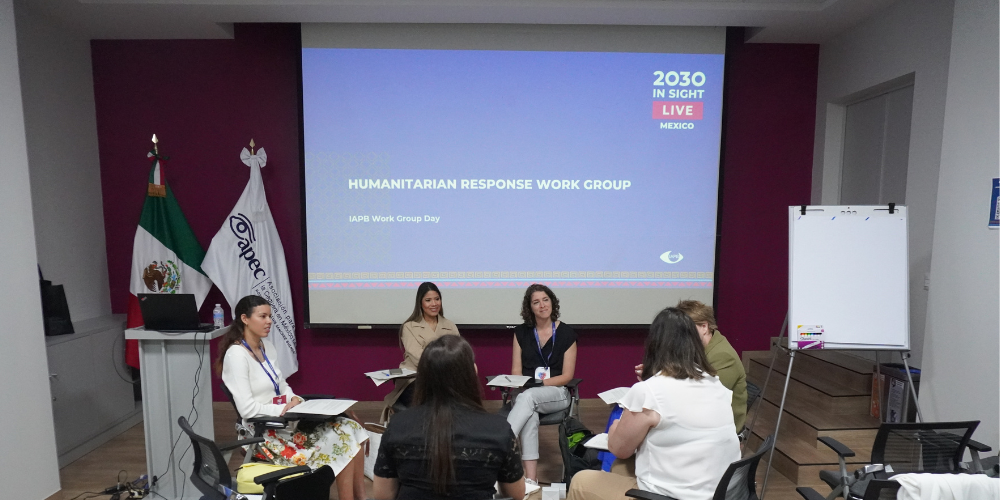
27.03.2025
Becki Perryman
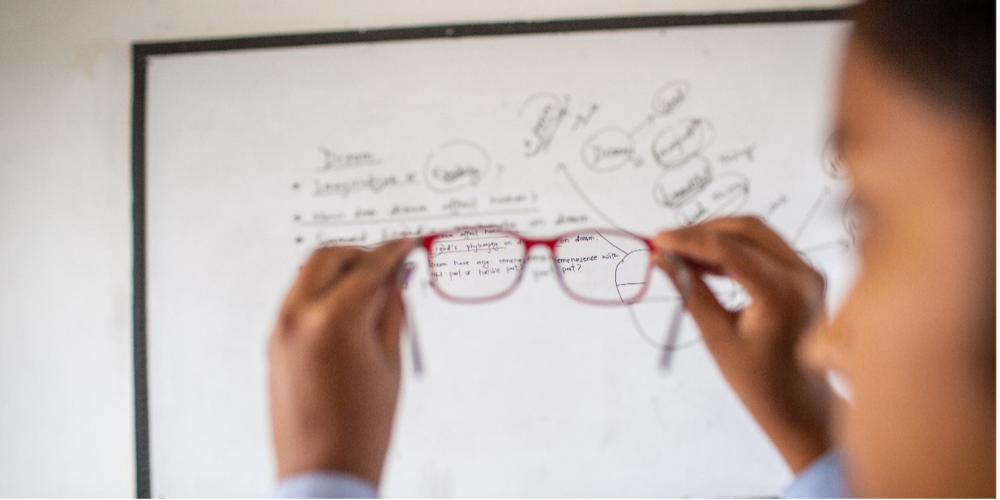
25.03.2025
Kristine Nyabera
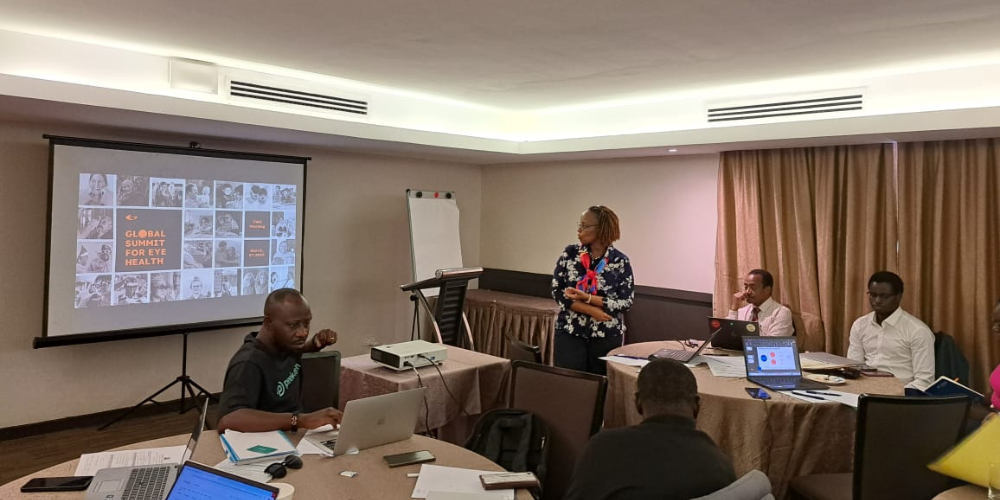
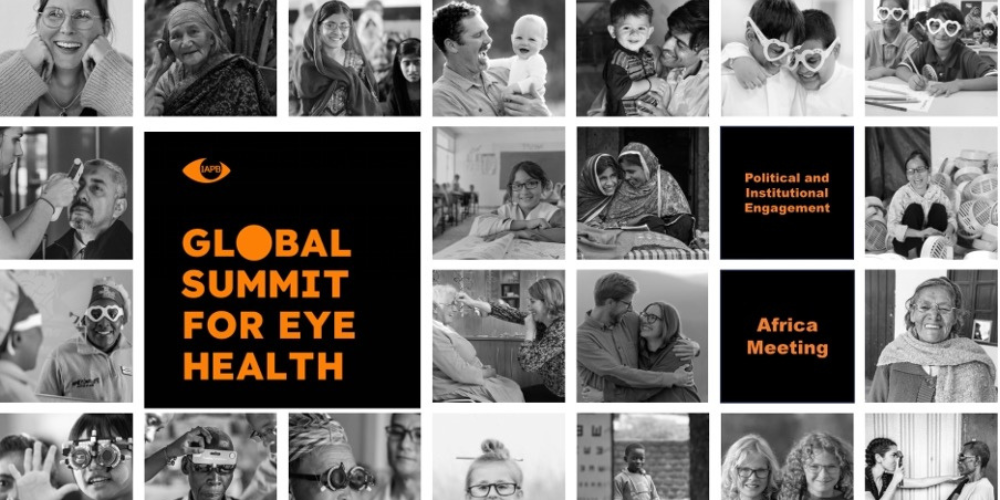
25.03.2025
Kristine Nyabera
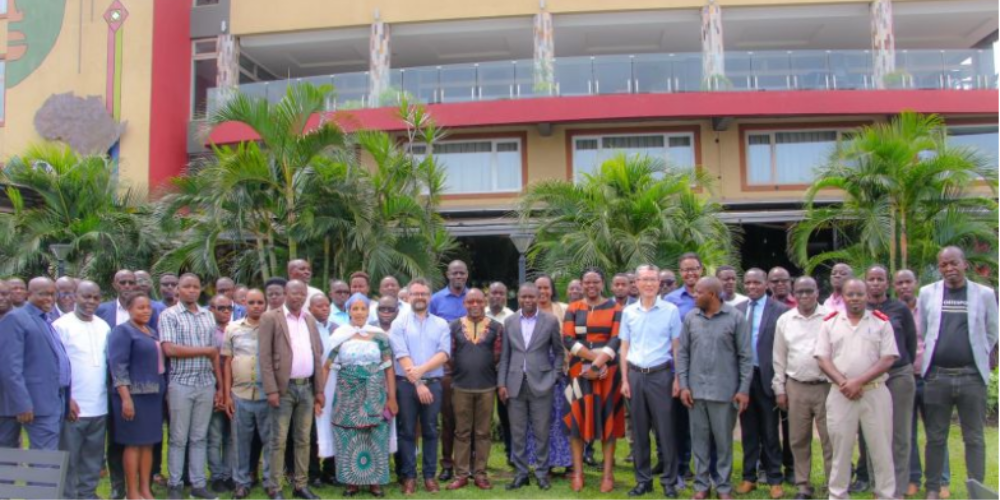
25.03.2025
Annette Kobusingye
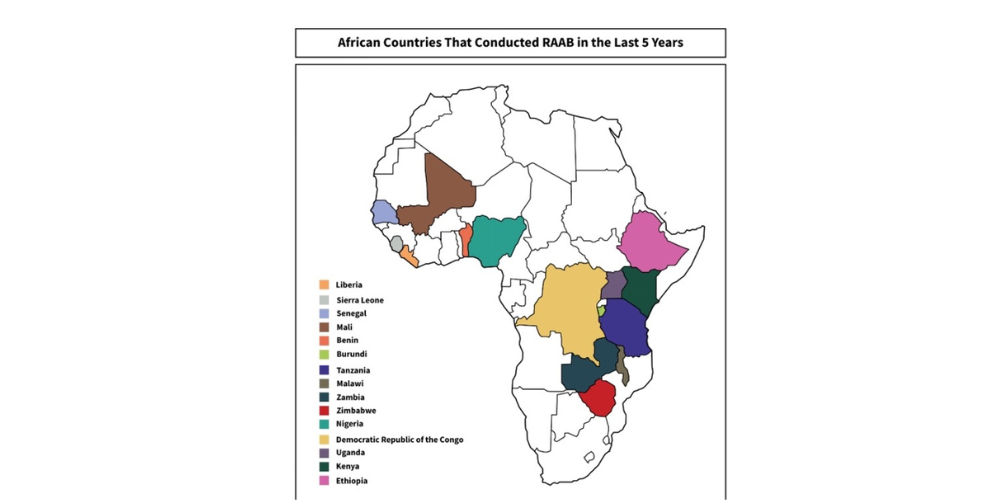
25.03.2025
Kristine Nyabera
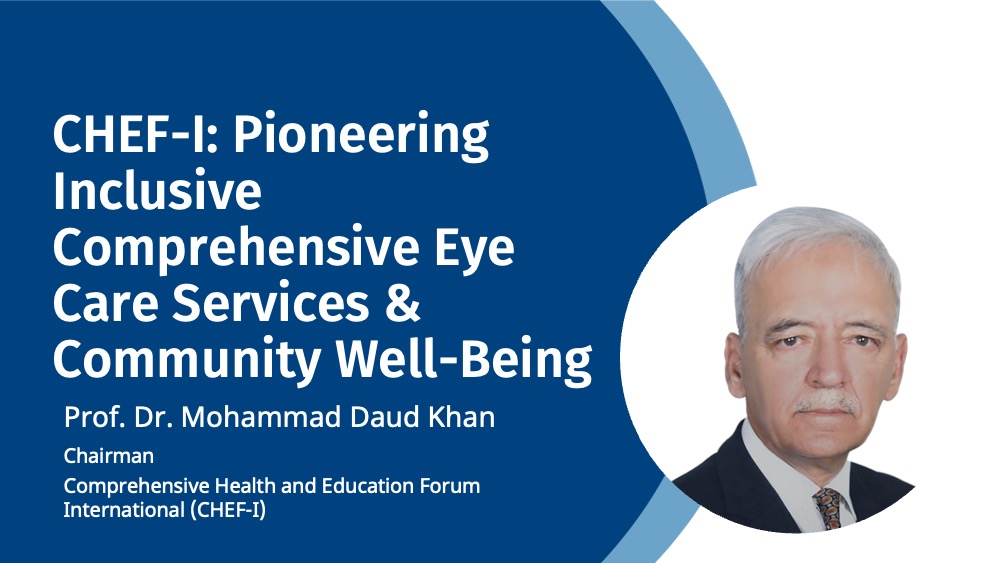
06.03.2025
Prof. Dr. Mohammad Daud Khan
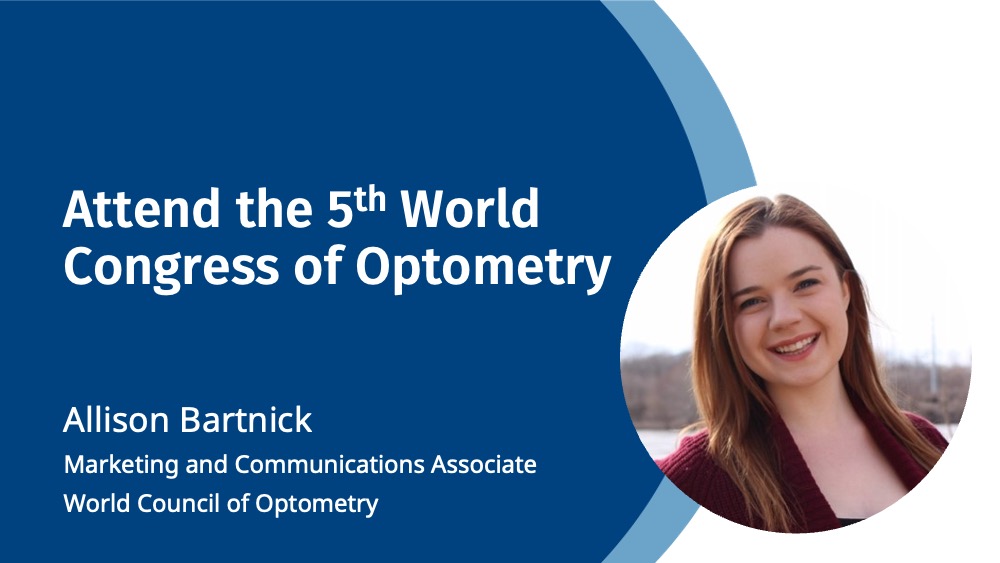
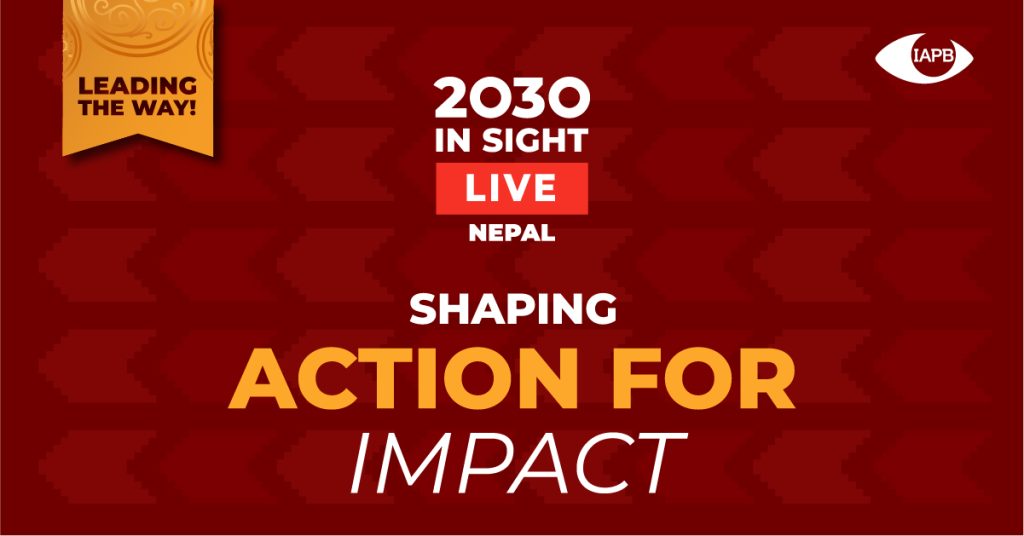


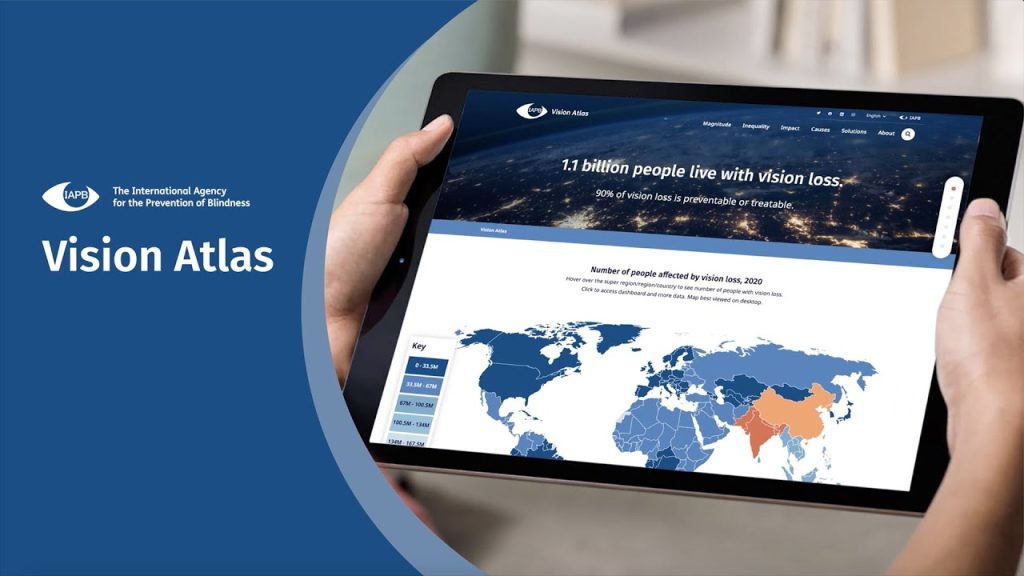
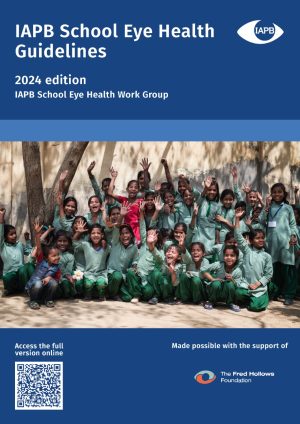
18.06.2024
The IAPB School Eye Health Workgroup has released these guidelines to help deliver standardised comprehensive eye health services to more than 700 million children attending schools around the world.
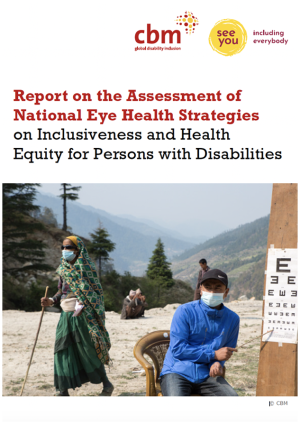
01.04.2024
Inclusiveness and Health Equity for Persons with Disabilities
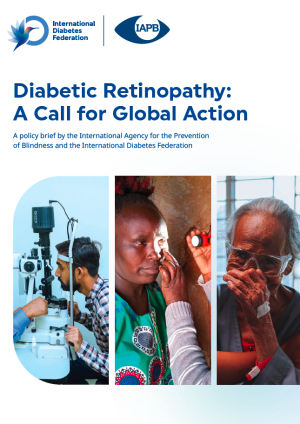
27.03.2024
A policy brief developed by IDF and The International Agency for the Prevention of Blindness (IAPB) that advocates for a joint approach to prevent and manage vision loss in people living with diabetes by integrating diabetic retinopathy (DR) care into diabetes policies and national health plans.
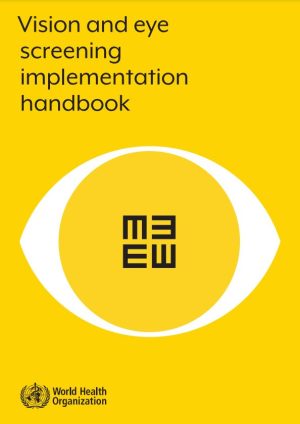
01.02.2024
The WHO Vision and eye screening implementation handbook (VESIH) offers a step-by-step guidance for conducting vision and eye screenings in community and primary care settings.
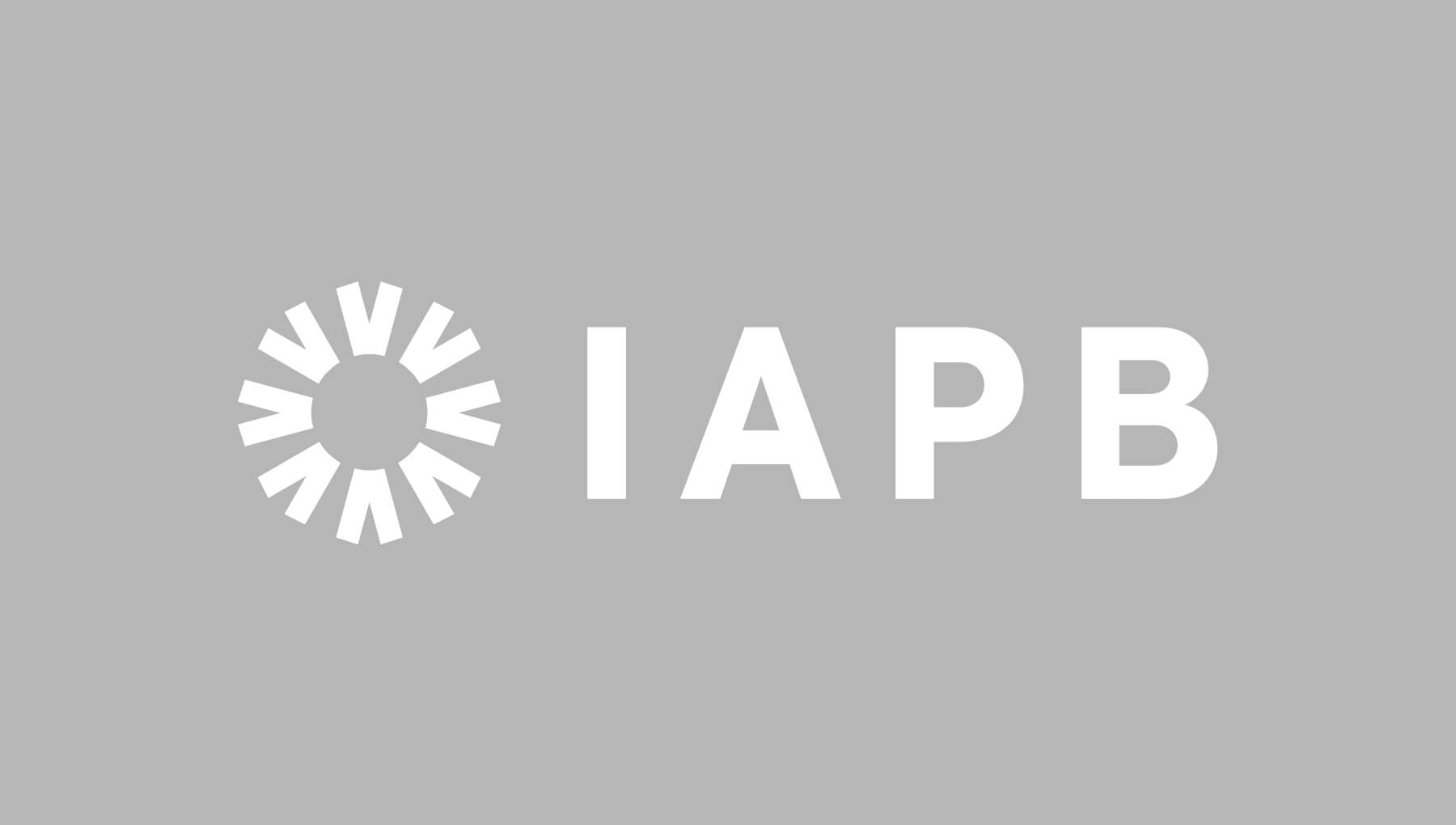
30.01.2024
This key report sheds light on the often-overlooked supply-side barriers that prevent many in low and middle-income countries (LMICs) from obtaining affordable, quality glasses.
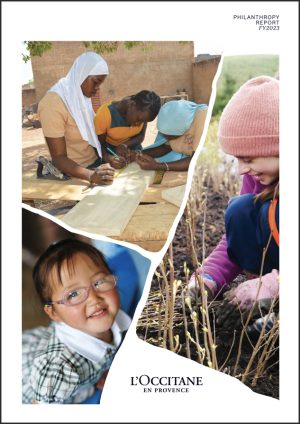
26.10.2023
L’OCCITANE en Provence has always put people at the heart of its operation. For more than 20 years, it has been committed to Caring for Sight, supporting projects around the world that help prevent blindness.
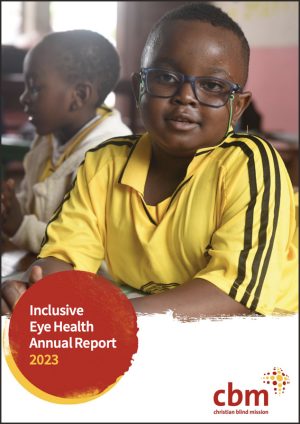
26.10.2023
The 2023 Annual Report of CBM's eye care work across its programmes. Inclusive, comprehensive and integrated- CBM's Eye Health Initiative reports on it latest work in eye health.

05.10.2023
This guidance aims to facilitate the monitoring of both eye and ear care services through presenting a set of core facility indicators along with considerations for analysis and use of routine health information
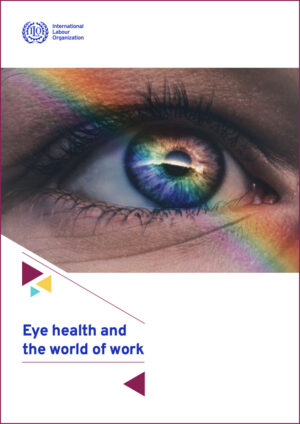
28.09.2023
The International Labour Organization (ILO) and the International Agency for the Prevention of Blindness (IAPB) have collaborated to produce a report on Eye Health and the World of Work

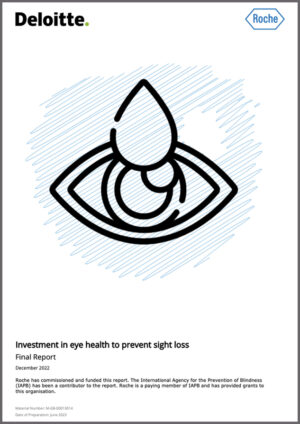
30.08.2023
This report was authored by the Deloitte Center for Health Economics working with Roche and IAPB
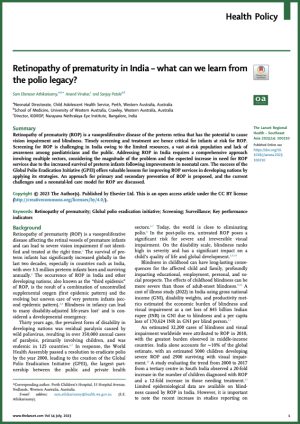
22.05.2023
ROP related blindness can be prevented by improving comprehensive preterm care and screening at appropriate time.
The Knowledge Hub draws on the wealth of expertise and knowledge of the IAPB network. It will be expanded and further improved over time, and we ask for your help in this.
Please share any resources, knowledge, recommendations or examples that you believe should be included in this Knowledge Hub.
We would love to hear from you – please suggest content via the following link.
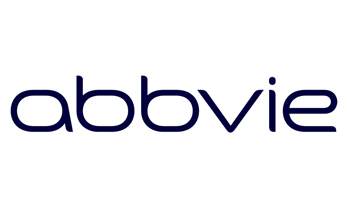
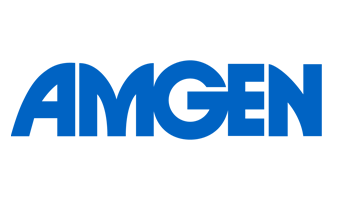
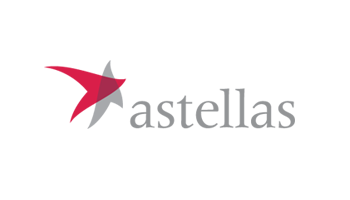
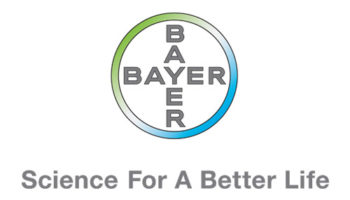
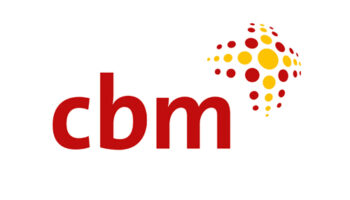
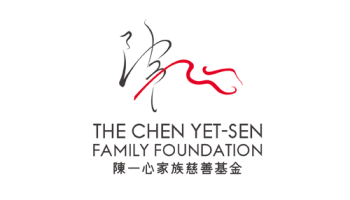
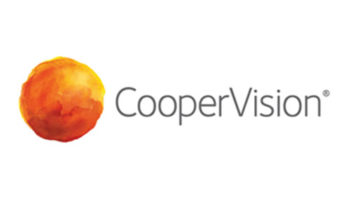
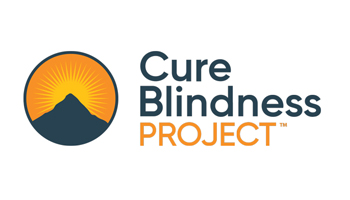
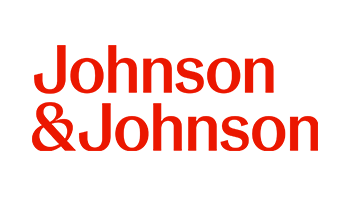
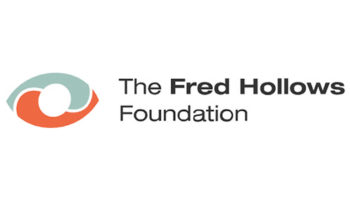
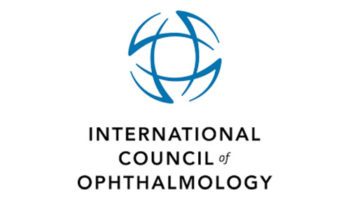
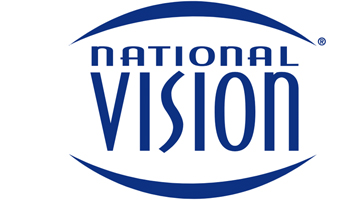
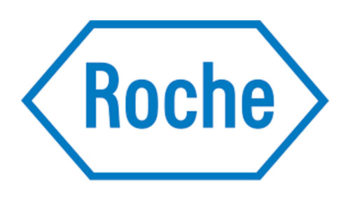
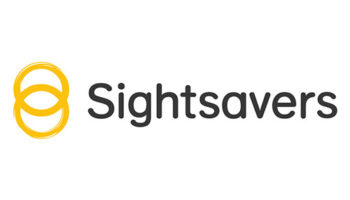
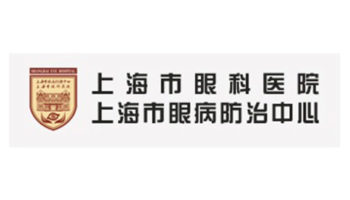
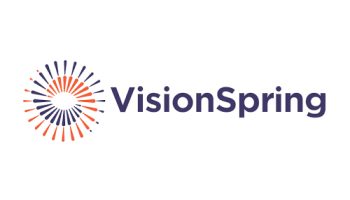
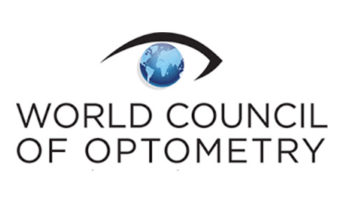
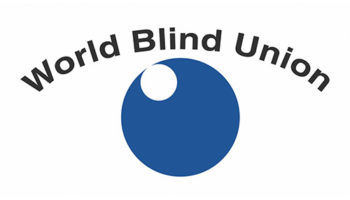
Join a powerful, unprecedented alliance for better eye health for all.
Join IAPBReceive all the latest news, webinars, campaigns, events and more right to your inbox.
Join Mailing List
